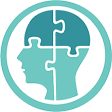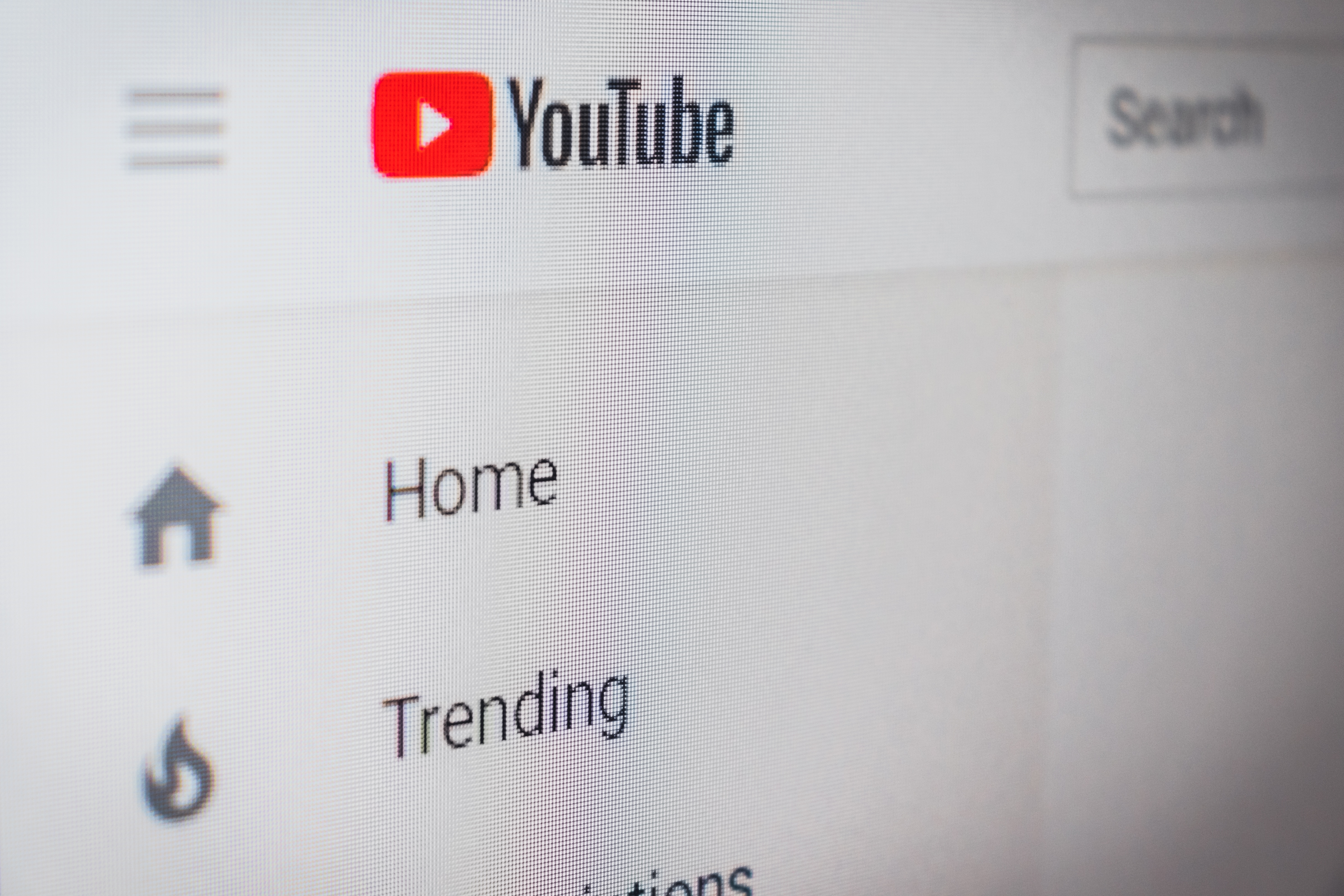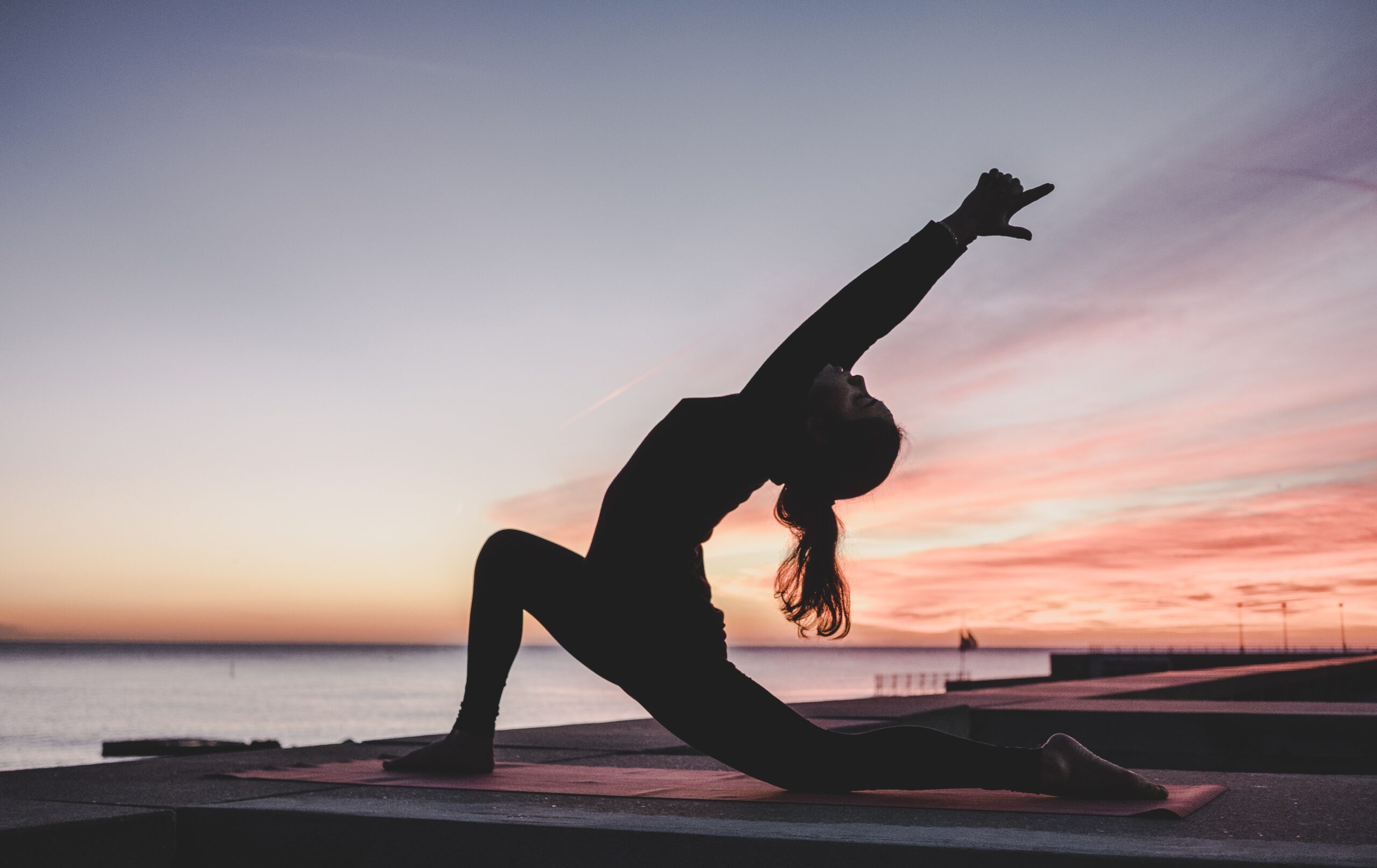There’s a lot of buzz about mental health as of late: influencers are sharing their personal struggles to normalize mental health, the news is highlighting the recent suicides of celebrities, and there are more and more apps to help with mindfulness and even provide virtual therapy services. But it’s not just a trend. Anyone who has personally experienced or known someone who’s experienced mental health struggles knows how impactful and disruptive they can be. It’s not a fad, but a truly defining chapter of someone’s life.
This is not to say that the recent trending topic is a negative thing. On the contrary, it’s a big step in the right direction. The tragic suicides of Anthony Bourdain and Kate Spadeare not be in vain. I wonder how many more deaths were prevented because their stories were shared. The trauma of high-profile sexual assaults shed light on the sinister behind-the-scenes of the Hollywood elite. Anxiety and depression are becoming more accepted as actual disorders thanks to well-known people sharing their personal challenges. All of this gets the general population more engaged and thinking about mental health and what it really means.
So what does it really mean?
You may not directly relate to suicide, sexual trauma, or severe depression or anxiety. Like anyone, you may have highs and lows in your day and your life, you may make less-than-stellar choices sometimes, and you may feel pretty okay a lot of the time. Mental health isn’t always about tackling and managing a news-worthy event or disorder. More often than not, it’s about being self-aware and striving for higher emotional intelligence.
If you’re not experiencing a significant challenge or are trying to manage a life-altering event, everyone can do with a dose of more self-awareness to live a better, healthier and richer life. What is self-awareness?Self-awareness is the ability to recognize your feelings, reactions, internal drivers, and how your thoughts and actions impact others. It’s having a sense of the “why” behind what you do and feel. Increasing self-awareness helps you recognize negative patterns, feelings to in turn make better decisions for yourself and others.
You’re not as self-aware as you think
In a study headed by organizational psychologist and executive coach Tasha Eurich, “95% of people believe that they’re self-aware, but only about 10-15% really are … That means that 80% of us are lying to ourselves about whether we’re lying to ourselves.” Yup. More than likely, you’re not super self-aware. That’s okay! The good news is that you can do something about this.
I could write a book on self-awareness, but a lot of other people who are smarter than me and have more time have already done this, so there’s no need to reinvent the wheel. Self-awareness is a mammoth topic, but I’ve done my best to find a resource that distills it in a way that I think maintains the integrity of the idea. While not a psychotherapy-specific resource, TopResume does a wonderful job in identifying three pillars of increasing self-awareness.
1. Questioning
We move through life and sometimes forget to ask ourselves, “how does this make me feel? Why did I really choose that, even if it wasn’t the healthiest or the most logical choice? What’s really driving me here?” These are key filters to run your actions and decisions through. Obviously, I’m not talking about buying groceries or what movie to go see. This is about the meat of life – love, friendships, your career, your kids, money. These define the trajectory of our lives and our life satisfaction.
Practice folding these questions into your day-to-day decision making …
- Why did I avoid that?
- What am I really trying to achieve here? What’s my end goal?
- How does this make me feel? Am I trying to mask something I don’t want to face?
- How does this make others feel?
- Am I telling myself what I want to hear or am I really being honest with myself?
If you can’t be honest with yourself about questions like this, who can you really be honest with?
2. Be mindful
We’ve all been there. You wake up in the morning and BOOM your day owns you. You snowball into school lunches, meetings, errands, bills, deadlines, gym, dinner, and then just like that, your day is over. Taking time to slow down, take inventory of your day and your feelings, and recharging is often the absolutely last thing you want to do, right? Gotta keep moving! Wrong. If you hit pause and take the time to assess your needs and your priorities, you will actually find your time is better spent and you enjoy the motions of your day much more, since you’re not just focusing on moving onto the next thing.
What are some ways you can do this? Schedule time each day to put away your phone, your computer, your calendar and your duties and go for a walk, exercise, mediate, or just read. It doesn’t have to be large chunks of time. Not everyone has that option. Be it 1 hour, 30 minutes, or even 10 minutes, this will pay off in dividends when your brain is refreshed enough to stay present and in the moment and accomplish more than you would on autopilot.
3. Take action
This is where steps 1 and 2 come together for results. So, you’ve done your questioning and you’ve practiced being mindful and present. What now? Put your hard work into action! You’ve set yourself to uncover key takeaways about yourself, your life and the people around you from the work you’ve done. Now is the time to put it into action.
Were you honest with yourself about why you were really avoiding someone or something? Now is the time to face what you’ve been hiding from. Have you realized why you keep ending up in relationships that go nowhere? Make a commitment to steer clear of people with those same traits. This is the hardest step, but it’s the step with major results that can change the trajectory and quality of your life.
Do I need to this?
Bottom line: everyone needs to do this. Self-awareness is an ongoing, lifelong pursuit that needs to be refocused and reengaged constantly. Some may need it more than others. For instance, if you or someone you know can’t laugh at themselves, gets defensive easily, or is resistant to accept blame, that’s a case of pretty low self-awareness.
But even if this isn’t you, we can all do with an extra dose. Because your mental health is important. And circumstances and situations are constantly changing. If you don’t exercise your mental health and keep it strong, something could come along and throw it greatly out whack. Scratch that – something WILL come along. This is life, and life can be so hard. But by keeping these simple steps top of mind on a consistent basis, mental health can be your lifelong practice, and not just a passing fad.
Contact Austin at: (512) 761-8521








